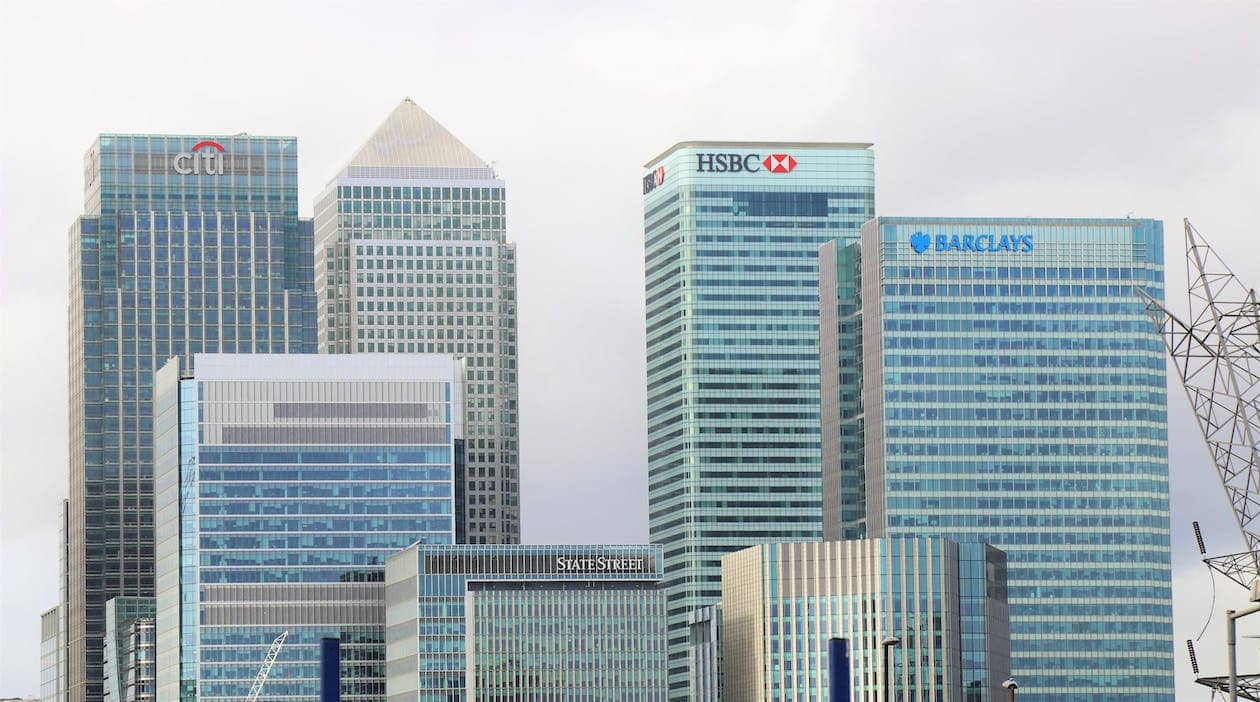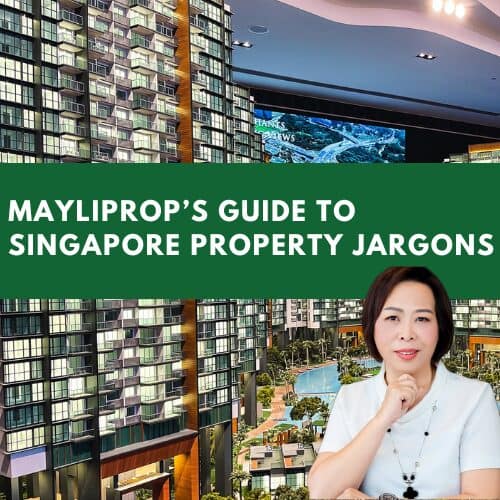You’re ready to make your first ever property purchase/investment, but as you do your research you come across terms such as OTP, TOP, ABSD, TDSR etc. We know – it can be confusing, so we have come up with this handy guide to ease your property purchase journey a little!
Option to Purchase (OTP)

Option to Purchase (OTP) is a legally binding real estate contract between a seller and a buyer.
In the OTP, a seller is offering an option to the buyer to purchase the property at a fixed price within a limited timeframe. Buyers will be required to pay an option fee (something like a deposit to “reserve” the property) during that timeframe (also known as option period).
For private properties, the option fee is usually 1% of the purchase price. The option period is a minimum of 14 days, or negotiated for a longer period. . During this period, sellers are not allowed to grant another OTP while the buyers consider whether to proceed with the purchase. If they decide not to, they can let the OTP expire and the option fee will be forfeited. Once the buyer decides to exercise the OTP, they will make the transfer of the remaining deposit fee which makes up 5% of the purchase price, including the option fee.
For resale HDBs, buyers typically pay an option fee of any amount between $1-$1,000. Once the option fee is paid, both parties will enter into an option period of 21 calendar days. If the buyers decide to proceed, they will exercise the OTP and pay an option exercise fee, which can be any amount not exceeding $5,000.
Temporary Occupation Permit (TOP)
TOP is one of the two official checkpoints for the completion of a building. If a project has attained TOP, it means that it’s certified as safe for the residents to occupy. It’s issued by the authorities to allow owners to move into the project while other requirements are being met.
Certificate of Statutory Completion (CSC)
CSC is the second and final checkpoint for the completion of a project. This is when a project, including all its facilities, is fully completed.
Loan-To-Value (LTV)

The LTV ratio is a restriction placed by the Singapore government to determine the maximum amount buyers can borrow from banks and HDB. This will also tell you how much downpayment you need to pay upfront in cash and/or CPF Ordinary Account (OA).
For example, the current LTV ratio for HDB loans is 80%. This means that the maximum loan amount you can borrow from HDB is 80% of the property’s value, with the remaining 20% being the downpayment. The current LTV for bank loans is 75%, with the remaining 25% being the downpayment.
Additional Buyer’s Stamp Duty (ABSD)
ABSD is a tax levied on top of the Buyer’s Stamp Duty on any additional properties that you purchase. ABSD is applied across all private residential properties such as condos or landed property.
The ABSD rates depend on your residency status and the number of properties you own. It will apply to either the property’s purchase price or its market value, whichever is higher.
ABSD exemptions may be granted for certain cases, like when you’ve already contracted to sell your current residential property before signing the OTP for a new one. A married couple may also be eligible for ABSD remission on the purchase of a residential property if they meet certain conditions.
Total Debt Servicing Ratio (TDSR)
TDSR refers to the maximum percentage of your gross monthly income that can go towards repaying your total monthly debt obligations.
Currently, a buyer’s TDSR is capped at a maximum of 55% of their monthly income. This means that your total monthly debt obligations should not be more than 55% of your total monthly income. Housing loans, car loans, credit card loans, student loans, and other secured or unsecured loans are all included in the total monthly debt obligations.
Final Thoughts
We hope that this article has provided you with some knowledge of the common jargons and terms used in Singapore’s real estate market. Knowing their meaning is one thing, but truly understanding them and how to apply to your property purchase is another matter altogether.
Should you still require further guidance on your property purchase journey, please do not hesitate to contact us. We are always happy to assist you.
If you found this article helpful, you may also be interested in our previous piece titled “Are You Paying The Right Price For Your Property?”

